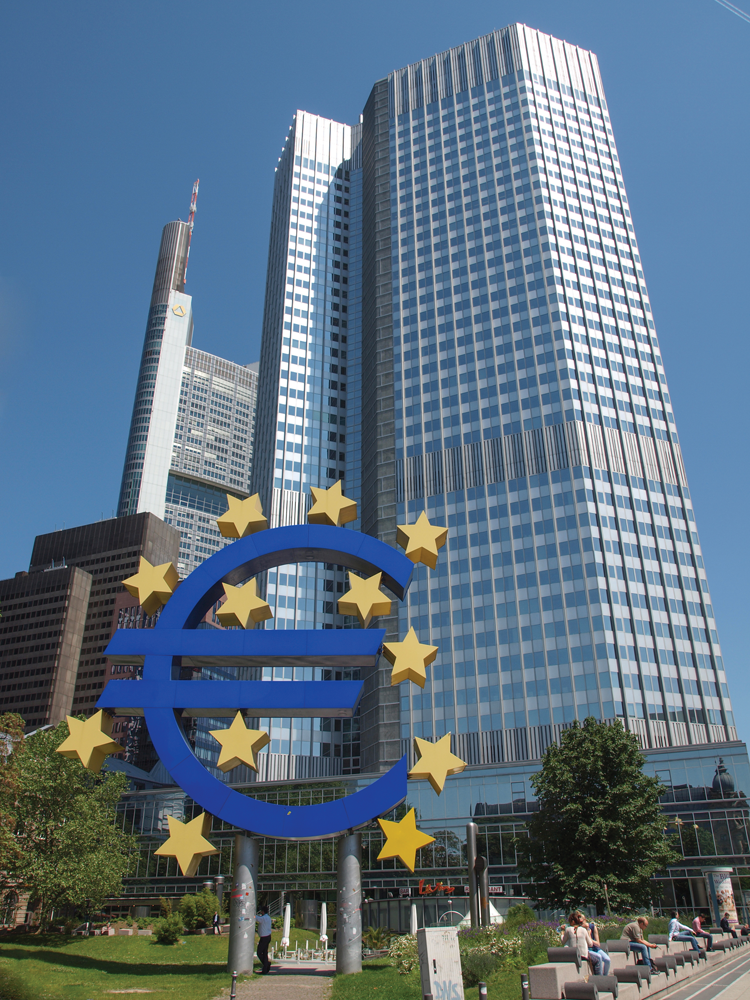Investing
ECB acts to stimulate eurozone economy

The European Central Bank (ECB) has announced a range of measures today aimed at stimulating the eurozone economy and warding off the threat of deflation.
The Central Bank cut its benchmark interest rate to a new historic low of 0.15 per cent from 0.25 per cent.
It also confirmed it would for the first time charge commercial banks to deposit cash with it by reducing the deposit rate from zero to -0.1 per cent.
This move is intended to incentivise banks to lend money rather than hold it at the ECB.
Speculation the bank would act in June was fuelled after ECB president Mario Draghi said last month it was “comfortable” with the idea of cutting rates after becoming alarmed at the strength of the euro.
The currency hit a two-and-a-half-year high against the dollar last month.
Since Draghi’s comments, the currency has since fallen to a four-month low of $1.3606 this morning, after nearing the symbolic $1.40 figure in mid-May.
The currency saw further losses following today’s rate cut, trading at $1.356.
Steven Bell, chief economist at F&C Investments, said: “Much was expected of the ECB today and they duly delivered.
“They did nothing that hadn’t been talked about extensively in the markets but the fact that they did everything has led to a significant positive reaction in the equity markets. Many on the ECB Governing Council, notably the President of the Banque de France, will be especially pleased to see that the euro has fallen in immediate reaction. I would also note that German bund yields rose: the market may be beginning to believe that ECB’s action will bring about an economic recovery in Europe.
“Having pushed as hard as they can, the ECB must now sit back and wait to see if the economy responds. So far, the weaker euro is encouraging but only time will tell if there is broader economic response.”
Ben Brettell, economics editor at Hargreaves Lansdown, said: “There is no real evidence that negative deposit rates work – they are intended to incentivise banks to lend money rather than hold it at the ECB, but they could simply switch cash into other ‘safe’ assets rather than lending it.
“When this was tried in Denmark and Switzerland, commercial interest rates rose in response as banks sought to pass the additional costs on to consumers.”